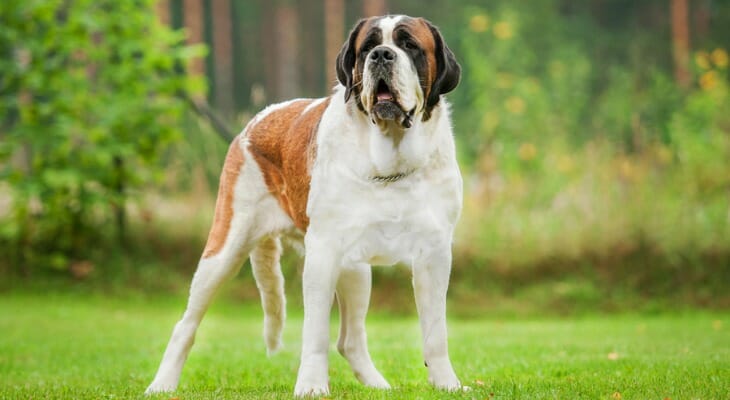Vaccine Schedule
A crucial part of horse ownership is helping to protect your equine friend from disease using vaccination. Several factors determine what vaccines are needed for each horse, and it is recommended that you have your veterinarian design a wellness and vaccination program suited to your horse’s needs. During your wellness and vaccination appointment, the veterinarian will examine your horse closely, addressing any current or new health issues (often catching ailments before becoming serious) and answering any questions you may have. After assessing such factors as age, the horse’s intended use, number of horses in the barn or area, and possible exposure to a particular disease, your veterinarian will decide which vaccines are suitable.
Another good reason for having your veterinarian design and implement your vaccination program is the security of knowing that the vaccine has been appropriately handled and administered correctly. For vaccines to be effective, they must be kept away from direct sunlight and freezing or high temperatures. Since vaccines are designed to stimulate the immune system, they can sometimes cause a vaccine reaction like swelling at the site, muscle soreness, fever and lethargy. Your veterinarian is equipped to handle these reactions, and vaccine manufactures may help cover the cost of the reaction if a veterinarian administered the vaccine. Giving the vaccine correctly is also very important; some vaccines require an intramuscular injection, while others are given as nose drops. The timing of vaccination is also very important. Some require a repeat injection, and others need to be given at a certain time of the year.
Please note that the following chart has been designed as a guideline for horse owners and that a standard vaccine schedule does not exist. Different horses require different vaccines, and a vaccination protocol should be discussed with your veterinarian.
CLICK HERE to see the GUIDELINE ONLY – Equine Vaccination Chart
Explanation of Diseases
If you have any questions or would like to schedule an appointment, please give us a call at 902.543.5602.

